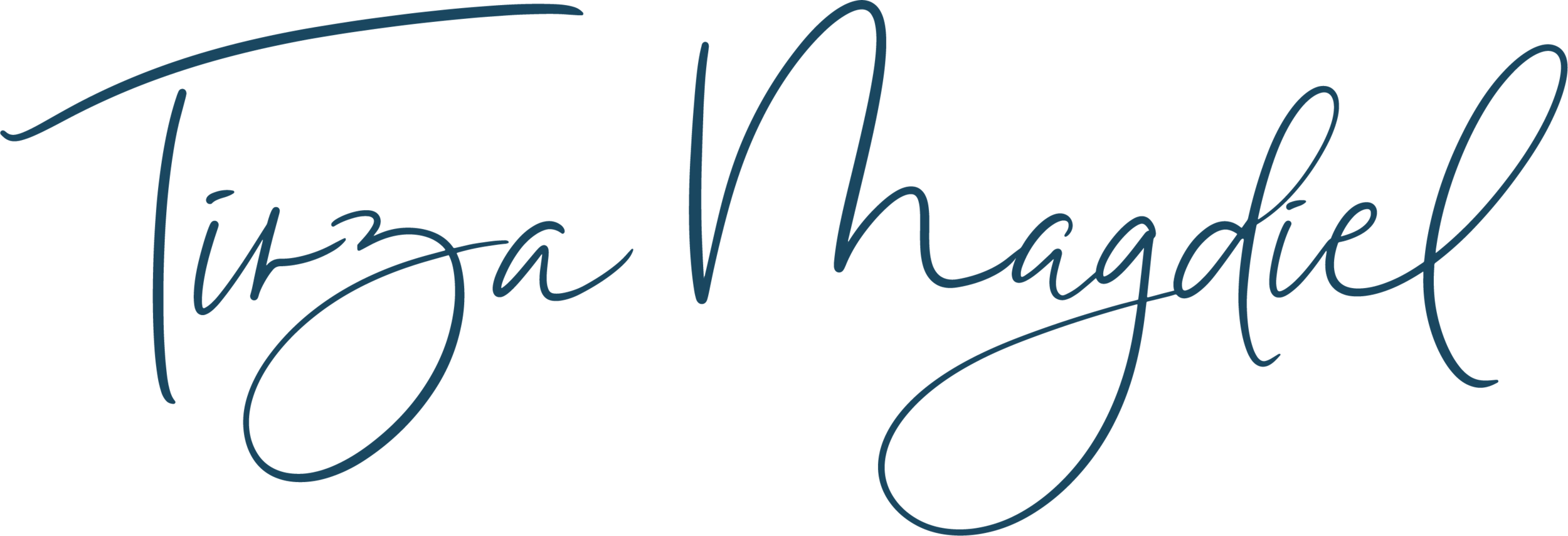trust: a sacred definition
Trust is a dangerous concept. It is what happens when we douse ourselves in gasoline and then give everyone we know a lighter without knowing which ones of them are pyromaniacs.
We, all of us, trust in one way or another. We trust that every time we step on to an elevator, its complex system won’t give way and sends us to our ends. We trust that every time we sit down, the chair will hold our weight. We trust that when we put a strawberry in our mouths, it will taste like strawberry. We trust that when we send an email, the intended recipient receives it. We trust that every time we dive out of the airplane, the parachute will work. Or the backup chute. We trust the things in life to meet our expectations, but often enough we do not trust the people we love to stick around for long. It’s even harder to trust God, whom we cannot see, hear, touch, taste.
We are toddlers, confused by the sights and sounds of daily life. We are not sure if a toy that is out of sight still exists, so we hold on to the red fire engine, hoping that a very loud “Mine!” will provide at least some sense of order. To trust is to let go. It is difficult to let go of control over one’s life, even if it is to the creator of that life.
We are children, coming back home after running off to play in places we know we should not have ventured to. Dirty, bloody, tired, hungry, we look up to our Father, cringing at whatever punishment is to come. Instead, the Father takes us in and cleans the gasoline off our faces. At that moment, a thought surfaced. Perhaps the person we should trust isn’t the one who didn’t light a match. Perhaps the person we should trust is the one who calls us home to get cleaned up.
Tirza Magdiel - Seattle, 2012
